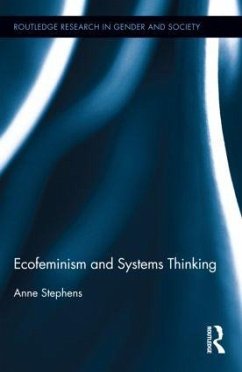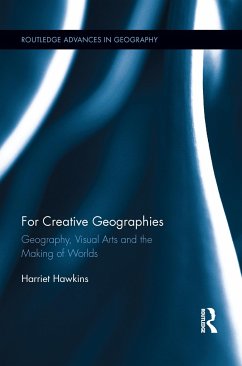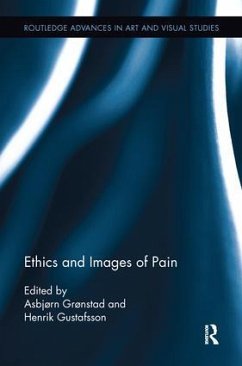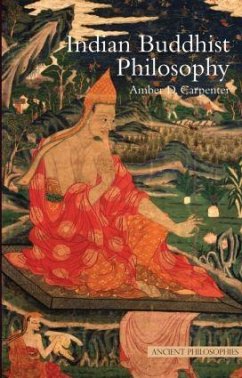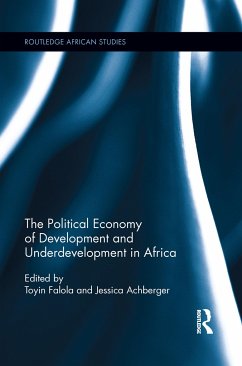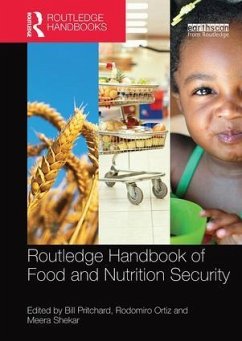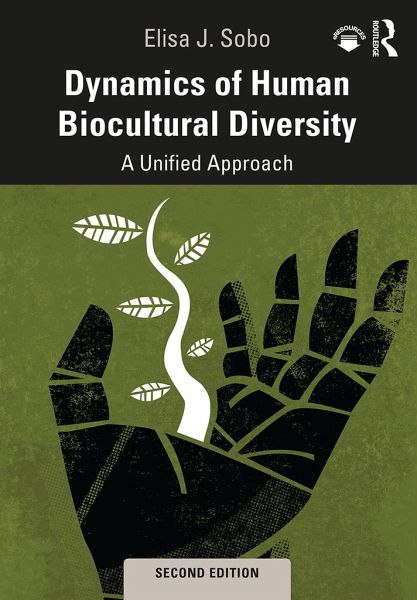
Dynamics of Human Biocultural Diversity
A Unified Approach
Versandkostenfrei!
Versandfertig in 6-10 Tagen
50,99 €
inkl. MwSt.

PAYBACK Punkte
25 °P sammeln!
This lively text by leading medical anthropologist Elisa J. Sobo offers a unique, holistic approach to human diversity and rises to the challenge of truly integrating biology and culture. The inviting writing style and fascinating examples make important ideas from complexity theory and epigenetics accessible to students. In this second edition, the material has been updated to reflect changes in both the scientific and socio-cultural landscape, for example in relation to topics such as the microbiome and transgender. Readers learn to conceptualize human biology and culture concurrently-as an ...
This lively text by leading medical anthropologist Elisa J. Sobo offers a unique, holistic approach to human diversity and rises to the challenge of truly integrating biology and culture. The inviting writing style and fascinating examples make important ideas from complexity theory and epigenetics accessible to students. In this second edition, the material has been updated to reflect changes in both the scientific and socio-cultural landscape, for example in relation to topics such as the microbiome and transgender. Readers learn to conceptualize human biology and culture concurrently-as an adaptive biocultural capacity that has helped to produce the rich range of human diversity seen today. With clearly structured topics, an extensive glossary and suggestions for further reading, this text makes a complex, interdisciplinary topic a joy to teach. Instructor resources include an extensive test bank and a study guide.







